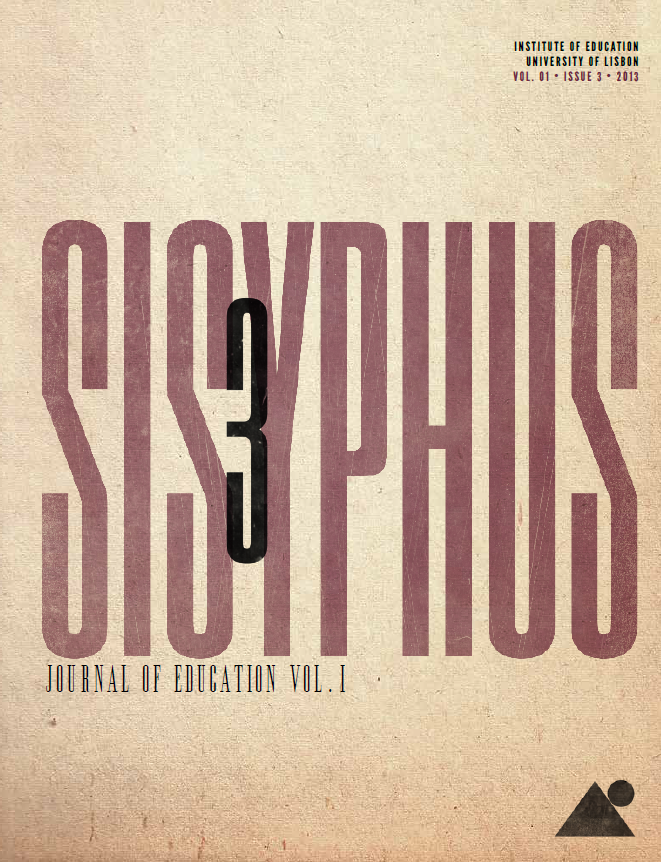Facilitating Reflection and Action: The Possible Contribution of Video to Mathematics Teacher Education
DOI:
https://doi.org/10.25749/sis.3708Palavras-chave:
Mathematics Teacher education, Reflection, Action, VideoResumo
In the Interconnected Model of Teacher Professional Growth (Clarke & Hollingsworth, 2002), change in teacher beliefs, knowledge and practice is mediated by either enaction or reflection. The stimulus for change can be provided by an external source such as a professional development program or it can result from the teacher’s inevitable classroom experimentation and reflection on the consequences of that experimentation. This paper explores the role that video can play in catalysing change and facilitating teacher reflection. In particular, we examine: (i) international research employing video and the capacity of such research to inform practice and stimulate teacher reflection in both pre-service and in-service settings; (ii) the use of video in professional development programs and the choice between exemplary and problematic practice as catalysts for teacher reflection in both pre-service and in-service programs; and (iii) teacher agency and the catalytic role of video in supporting teachers’ reflection on their own practice, through the use of video as the communicative medium to sustain a professional community of reflective practitioners.Downloads
Downloads
Publicado
Edição
Secção
Licença
O Copyright (c) pertence à Sisyphus – Journal of Education. No entanto, encorajamos que os artigos publicados na revista sejam publicados noutros lugares, desde que seja solicitada a autorização da Sisyphus e os autores integrem a nossa citação de fonte original e um link para o nosso site.
Política de auto-arquivo
É permitido aos autores o auto-arquivo da versão final publicada dos seus artigos em repositórios institucionais, temáticos ou páginas web pessoais e institucionais.
Subscritor DORA
O Instituto de Educação da Universidade de Lisboa, editor da Sisyphus, é um dos subscritores da Declaração de São Francisco sobre Avaliação da Investigação (DORA).





